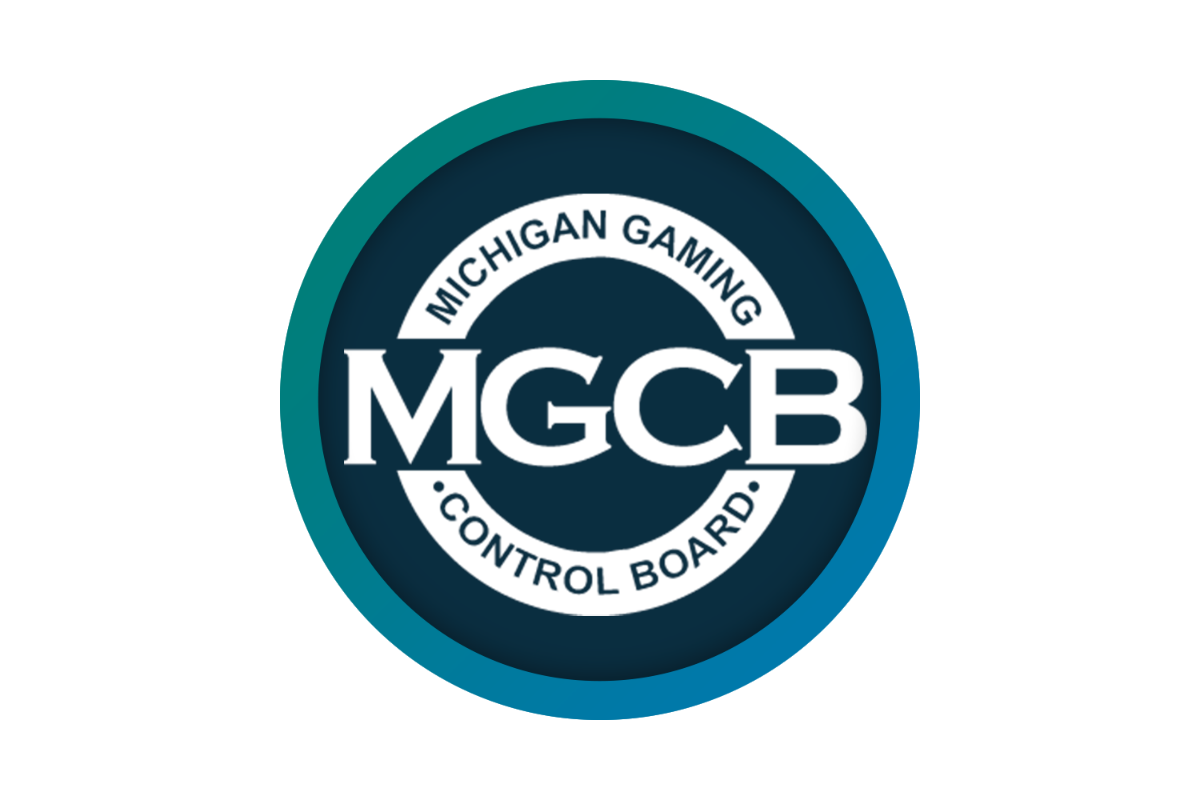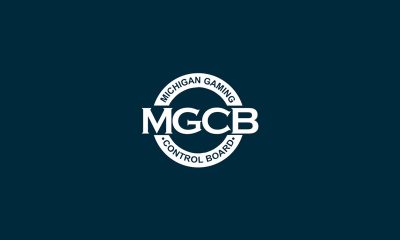Compliance Updates
Michigan Gaming Control Board Rejects Recent Claims Regarding Skill Games

The Michigan Gaming Control Board (MGCB) has refuted recent assertions questioning the legitimacy of its efforts to protect citizens by combating illegal gambling within the state, particularly in relation to the rise of casino-style electronic gaming machines that self-identify as “skill games.”
In recent years, there has been a notable increase in the presence of electronic gaming machines in bars and restaurants across Michigan. The suppliers of these machines misleadingly contend that the games include an element of skill and are therefore exempt from Michigan’s gambling prohibitions. Specifically, they claim that the games qualify as “redemption games” under MCL 750.310b, which allows a limited and very narrow exception to Michigan’s gambling prohibitions.
“As the regulatory authority overseeing the three Detroit commercial casinos and online gaming in Michigan, the MGCB is committed to upholding the integrity of the state’s gambling regulations and ensuring a fair and responsible gaming environment for all citizens. It is essential to clarify that these casino-style electronic gaming machines are not exempt from Michigan’s penal code, and individuals operating or utilizing them are subject to enforcement actions by the state,” MGCB Executive Director Henry Williams said.
Ongoing investigations by the MGCB have consistently established that the operation of these games does not comply with the strict requirements of MCL 750.310b because these games operate in a manner that is identical to a slot machine, whereby winning depends primarily upon fortuitous or accidental circumstances beyond the control of the player. Patterns observed with the illegal use of casino-style electronic gaming machines have included the use of cash as prizes, issuance of Visa gift cards, and false claims of legality and/or state authorization. Operations of these unregulated gaming machines put citizens at risk — because they have no recourse should they be misled, cheated, or otherwise taken advantage of — and results in a loss of state revenue, depriving Michigan citizens of taxes and revenue used to support schools through the School Aid Fund and communities and local governments with essential state funding dollars.
Comprehensive joint investigations conducted by the MGCB and the Michigan Attorney General’s Office in the past five years have resulted in 29 individuals being convicted of 27 felonies and 16 misdemeanors. These investigations have also resulted in 436 illegal machines seized, along with $176,001.69 in cash and $15,415 in Visa, MasterCard, and/or Simon gift cards.
“The public is being misled when told that skill and gift cards equate to the legality of a machine. What is being ignored is that the machines in question have been played and/or examined by investigators and determined to be casino-style slot machines for which winning depends on chance. And by law they do not qualify as a redemption game exception to the penal code. The mere use of a gift card as a prize does not render the machine legal,” ,” Williams said.
Unregulated machines used illegally lack the necessary consumer safeguards that licensed and regulated establishments provide, leaving the individuals who use them susceptible to unfair practices. More importantly, they offer no player protections and do not allow patrons to influence game outcomes through skill or strategy. This lack of oversight poses significant risks, particularly when minors can access these machines, potentially increasing the likelihood of future gambling problems among youth.
“The presence of unregulated casino-style electronic gaming machines in restaurants and small businesses risks grooming minors for gambling at an early age. This can have damaging consequences on their future well-being, potentially desensitizing them to the negative impacts of gambling, leading to addiction and financial problems later in life. Kids don’t need access or exposure to slot machines when they go out to enjoy a burger and fries or a pizza. If it’s not on the menu, it should not be available,” Williams added.
The MGCB has provided businesses with educational materials to ensure that any machine they are considering having in their business complies with Michigan law. Additionally, these materials have been uploaded to the MGCB website for public consumption. But the MGCB’s efforts continue to be undermined by the repeated spreading of misinformation, causing the illegal use of these machines to expand across Michigan.
The MGCB has also made it clear that it is not hindering local business owners’ ability to increase profits. Businesses engaged in the use of these machines are committing criminal acts with false assurances that their conduct is legal. In cases where investigations into casino-style slot machines have taken place at bars and restaurants, each of the affected business owner(s) were served adequate, advance warning that they were not in compliance with the law by way of cease-and-desist letters that provided them an opportunity to comply before enforcement action, including criminal charges, was taken.
“The MGCB encourages business owners to contact the agency should they have any questions on whether a gaming machine they have in their establishment complies with the law. Our goal is education and compliance. Any suggestion otherwise is simply not true,” Williams said.
Compliance Updates
HIPTHER Launches Responsible Gambling Assessment Tool Across Its Global Gaming Media Network
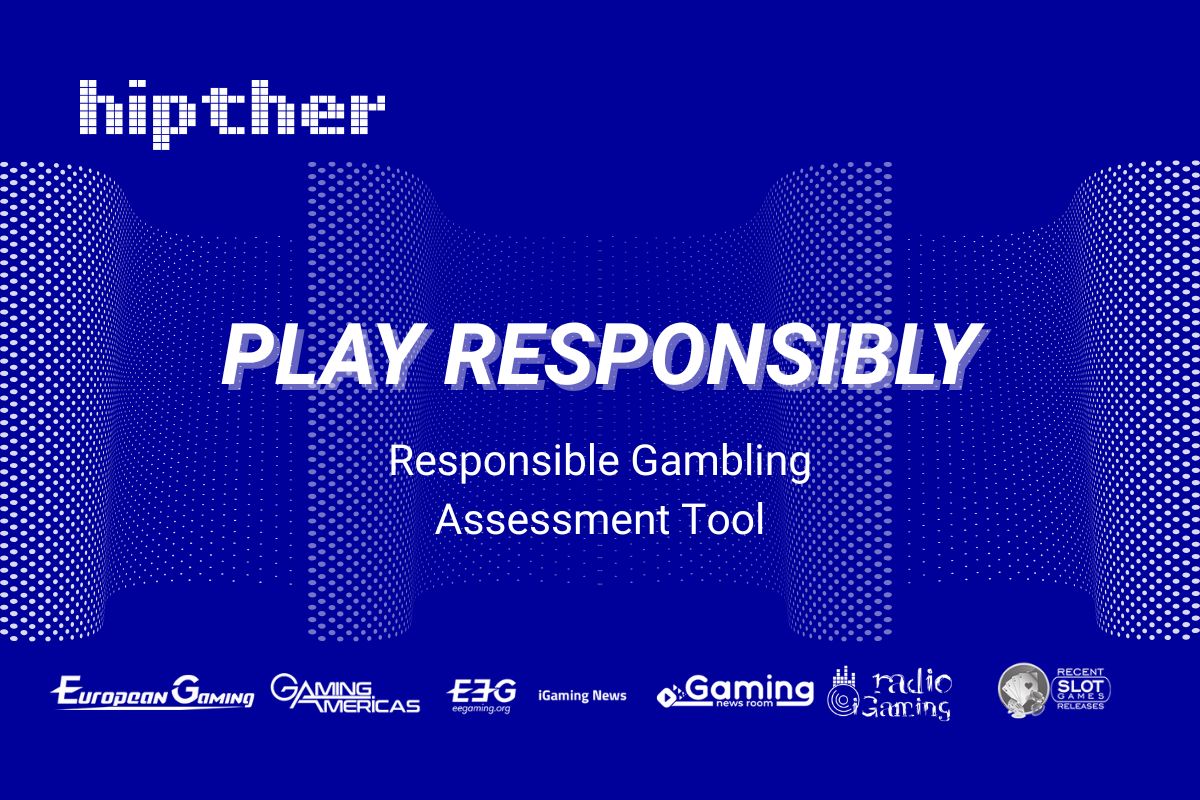
HIPTHER, a leading media and events brand in the Gaming and Tech industries, has launched a new Responsible Gambling Assessment Tool, now live across all of its gaming media platforms. This quick, anonymous self-test is designed to help players better understand their relationship with gambling, encouraging safer play through awareness and early self-checks.
The “Play Responsibly” tool is backed by clinical research and built with user privacy at its core, based on the globally recognized Problem Gambling Severity Index (PGSI) – a 9-question framework used to assess gambling risk levels, from low to moderate or high.
No sign-up needed. No Cost. No data collected. No Judgement. Just honest insight.
Whether you’re simply curious or looking to take a proactive step toward support, this free tool delivers instant results and practical next steps – all in under two minutes.
Key Features:
- Completely anonymous – no registration or personal data required
- Instant results with tailored guidance
- Available in 5 languages
- Mobile-first and accessible across all devices
- Fully GDPR compliant
Designed to meet WCAG 2.1 AA accessibility standards, the tool ensures a smooth and inclusive user experience for everyone. With multilingual support and local resource integration, it helps diverse populations connect with trusted support networks in their region.
“While our media platforms primarily serve the B2B side of the industry, we know they’re also visited by players looking for insights and updates. That’s why it’s important for us to go beyond headlines and contribute real tools that support safer play. This assessment is one small, meaningful step toward that.” – Zoltán Tűndik, Co-Founder and Head of Business at HIPTHER.
Take the assessment today and share it with your community.
Because gambling should always be safe, informed, and fun.
Try it now on any of HIPTHER’s gaming media platforms:
By launching this tool, HIPTHER reaffirms its ongoing commitment to promoting transparency, responsibility, and player well-being in the global gaming industry. Together with our partners and audiences, we continue working toward a safer, more informed future for players everywhere.
Compliance Updates
Aristocrat Gaming Wins Land-based License to Develop MONOPOLY Slot Games

Aristocrat Gaming and Hasbro announced that Aristocrat Gaming is the winner of a competitive RFP to create MONOPOLY slot games for worldwide land-based gaming venues, securing a multi-year agreement. The landmark partnership will see Aristocrat Gaming launch all-new MONOPOLY-themed slot titles, beginning in early 2026. The company is excited to reintroduce one of the world’s most iconic brands to land-based slot games.
“To be selected as Hasbro’s land-based slots partner – after a highly competitive process – is a proud milestone for Aristocrat Gaming. Our commitment to innovation and bold creativity sets us apart, and we’re excited to reimagine MONOPOLY slot games for today’s players around the globe,” said Craig Toner, CEO of Aristocrat Gaming.
“It was evident through our selection process that Aristocrat Gaming was the natural fit for the next evolution of the Monopoly brand in the gaming category. We can’t wait for Monopoly fans to experience all new premium gaming content on casino floors,” said Claire Hunter Gregson – Director, Gaming Relationships of Hasbro.
Compliance Updates
Statement from NYSGC Chair O’Dwyer Regarding Casino Applicants

NYSGC Chair O’Dwyer has released the following statement regarding casino applicants.
“On behalf of my fellow Commissioners and the Gaming Facility Location Board, I welcome the eight applicants to Develop and Operate a Gaming Facility in New York State to the competition. The Commission and Board are committed to ensuring the casino siting process is fair, transparent, competitive, deliberative, and beneficial for the State of New York.
“This is a tabula rasa – there are no frontrunners or favorites. These eight proposed projects represent billions of dollars in private investment, thousands of jobs, and amenities in addition to a world-class casino – all things that can transform a community. That’s why each project must obtain all local entitlements, including zoning approval, and be approved by a specific Community Advisory Committee of appointees of the elected officials representing the proposed facility’s location. Only those projects that meet both statutory requirements – zoning and Community Advisory Committee approval – by September 30, 2025 will be considered by the Gaming Facility Location Board. This ensures that only those projects embraced by the community are placed before the Board for consideration.
“Appointing authorities for all eight projects have been notified of their obligation to make appointments to the Community Advisory Committees as soon as possible, as Committees are expected to be up and running in the coming weeks. Through the summer, Committees will hold public hearings to gauge support and/or opposition to their respective project, and formally vote whether to advance the project for Board evaluation. Those projects that are not approved by their Community Advisory Committee will not advance.
“The Board will evaluate those projects approved by their Community Advisory Committee and select up to three projects by December 1, followed by Commission licensure. This ensures that New York State will collect the already-booked casino license fee(s) ahead of schedule.
“As the Board has stated in the Request for Applications, the revenue from new gaming facilities is expected to benefit New York’s public schools, mass transit, local governments, and problem gambling treatment services. The jobs created by these casinos are expected to deliver livable wages to help families live, stay, and prosper in New York.
“We look forward to a competitive process with active community engagement for all proposals.”
-
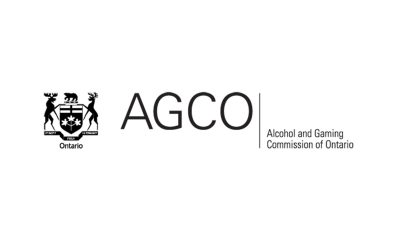
 Canada5 days ago
Canada5 days agoAGCO Fines Great Canadian Casino Resort Toronto $350,000 for Serious Regulatory Violations Linked to Impromptu After-Party on Gaming Floor
-
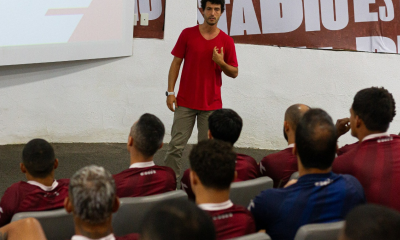
 Compliance Updates5 days ago
Compliance Updates5 days agoEsportes da Sorte holds forum on “Integrity in Sports” with Ceará and Náutico
-

 Latest News5 days ago
Latest News5 days agoBlokotech unveils Cristian Tonanti as new Casino Partnership Manager
-

 Latest News5 days ago
Latest News5 days agoEDGE Boost Named Preferred Payment Method for World Series of Poker Event Series
-
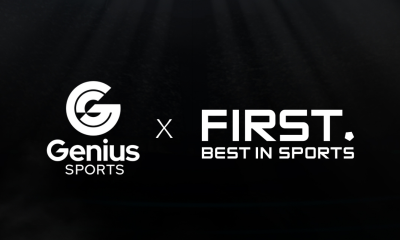
 Latest News5 days ago
Latest News5 days agoFIRST and Genius Sports Extend Landmark Data Partnership, Powering Continued Growth
-

 Canada5 days ago
Canada5 days agoIGT and Atlantic Lottery Sign Eight-Year Video Lottery Central System Technology Agreement
-

 Latest News4 days ago
Latest News4 days agoNASCAR & iRacing Renew Partnership with PlayVS
-

 Latest News3 days ago
Latest News3 days agoRivalry Reports Full-Year 2024 Results as Strategic Turnaround Takes Hold, Operating Loss Narrows, and Efficiency Improves








